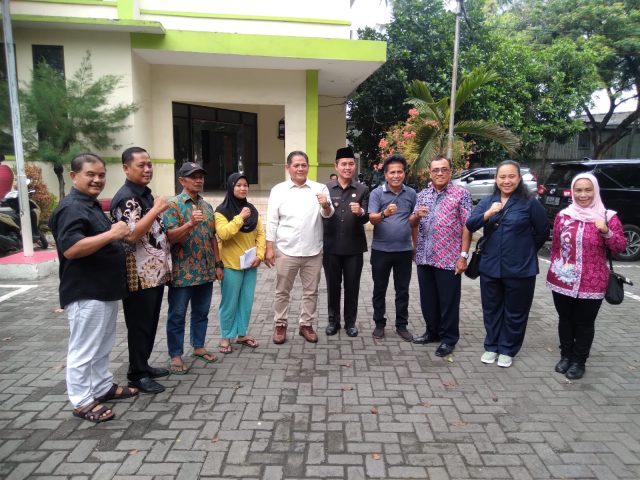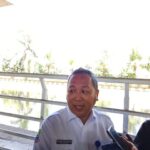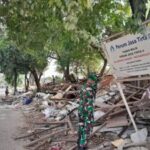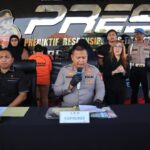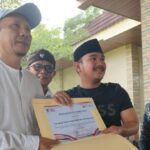BEKASI CITY – A member of the Bekasi City Regional House of Representatives (DPRD), representing the North Bekasi-Medan Satria electoral district, has facilitated the resolution of a salary deduction issue involving Muhammad Husni (62), a security guard and parking attendant at the Teluk Pucung Community Health Center (Puskesmas) in North Bekasi District. The issue had previously gone viral on social media. Ultimately, both parties agreed to resolve the matter amicably.
In a statement, the legislator revealed that both parties—Muhammad Husni and his family, and the Puskesmas management—had agreed to settle the issue in a familial manner.
“Mr. Husni has been reinstated as a parking attendant. Furthermore, the Puskesmas has also provided compensation for his service,” the legislator stated.
The legislator emphasized that no party was considered absolutely at fault in this incident. According to them, the problem occurred solely due to a miscommunication, which has now been resolved in a spirit of kinship.
“If we look at it, no one is absolutely right or wrong. This was merely a problem of miscommunication that has now been resolved well,” they added.
As a form of concern for Husni’s family’s economic condition, the legislator also sought a long-term solution. It was conveyed that Husni’s son-in-law, the husband of Bu Yayan, would be assisted in finding employment.
“This morning I held a meeting and went directly to the field. God willing, in the near future, Bu Yayan’s husband will be helped to work at a company in the North Bekasi area. The hope is that this can help improve the family’s overall economy,” they explained.
Furthermore, the legislator explained that Husni’s family, through Bu Yayan, had conveyed an apology for the virality of this issue, which had caused some commotion in the community.
“They have apologized if this situation made the atmosphere less conducive. Thankfully, everything has been resolved, and everyone has forgiven each other,” they said.
They also expressed hope that similar incidents would not recur in the future, especially in public service environments like community health centers.
“The government, as the protector of the people, must be sensitive to the people’s conditions, especially amidst the current quite difficult economic situation. All parties must join hands so that the community can remain productive and economically empowered,” they concluded.

